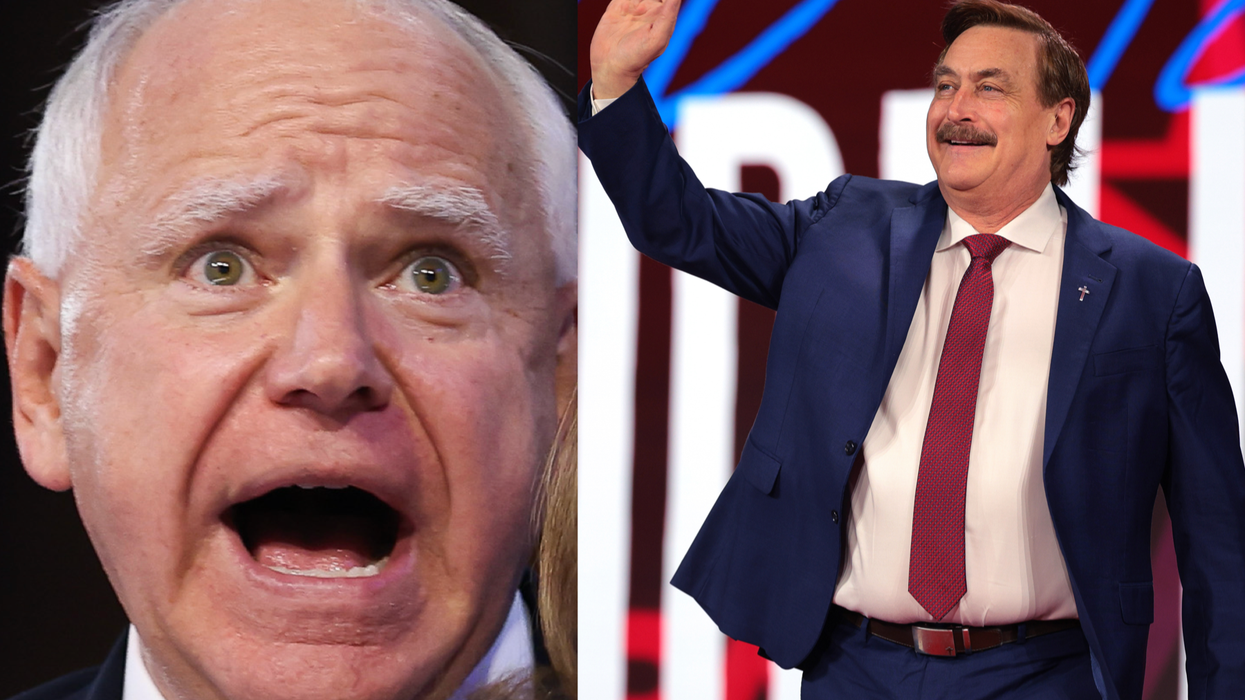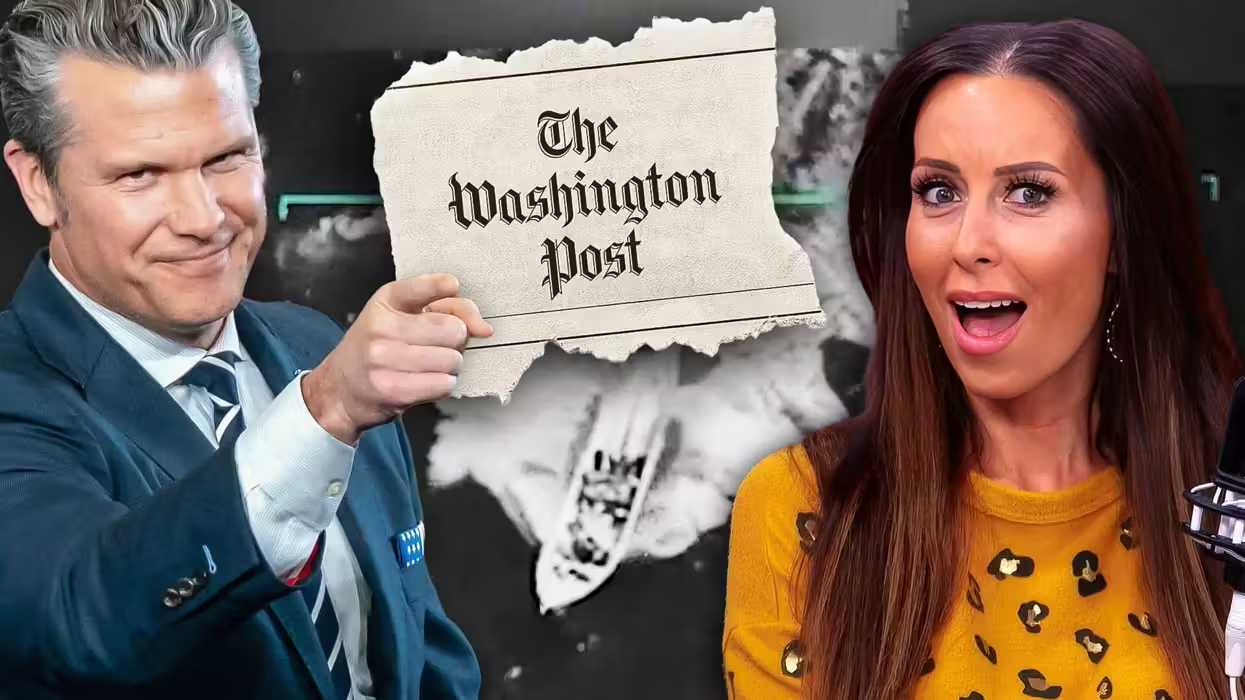
© 2025 Blaze Media LLC. All rights reserved.
Democrats' latest jobs plan: Create a National Full Employment Trust Fund
February 16, 2015
Dozens of House Democrats have proposed a plan that they say will lead to millions of new jobs, by creating a government-run National Full Employment Trust Fund.
Rep. John Conyers (D-Mich.) proposed the bill last week, along with 30 other Democrats, to establish a trust fund that would "create employment opportunities for the unemployed."

A text of the bill was not available at the start of Congress's President's Day week off, but Conyers proposed similar legislation in the last two Congress's to create the same trust fund. Those bills put the Department of Labor in charge of the trust fund, which would give out billions of dollars in grants to state and local governments to hireunemployed people to fix up housing, provide education services and do other jobs depending on the needs of each local community.
The price tag for Conyers' prior bill was huge — it would have spent anywhere from $100 to $150 billion per year on these grants. The National Jobs for All Coalition estimated that level of funding would be made available through new taxes that the bill proposed on financial transactions.
Specifically, Conyers' bill from 2013 would have imposed a 0.25 percent tax on all stock transactions, and a 0.02 percent tax on futures and swaps transactions. A separate tax also would have been imposed on options trades, and his prior bill included language requiring most of the grant money to be used to pay salaries and benefits directly to people working under the program.
A House aide told TheBlaze that the new bill is largely similar to the prior legislation.
Conyers launched the Full Employment Caucus in early 2014, and its aim is to end the "unacceptably high rate of unemployment and underemployment in the United States."
His proposal goes directly against proposals from Republicans in the House, which are generally aimed at freeing companies from costly and time-consuming federal regulations.
Want to leave a tip?
We answer to you. Help keep our content free of advertisers and big tech censorship by leaving a tip today.
Want to join the conversation?
Already a subscriber?
more stories
Sign up for the Blaze newsletter
By signing up, you agree to our Privacy Policy and Terms of Use, and agree to receive content that may sometimes include advertisements. You may opt out at any time.
Related Content
© 2025 Blaze Media LLC. All rights reserved.
Get the stories that matter most delivered directly to your inbox.
By signing up, you agree to our Privacy Policy and Terms of Use, and agree to receive content that may sometimes include advertisements. You may opt out at any time.






